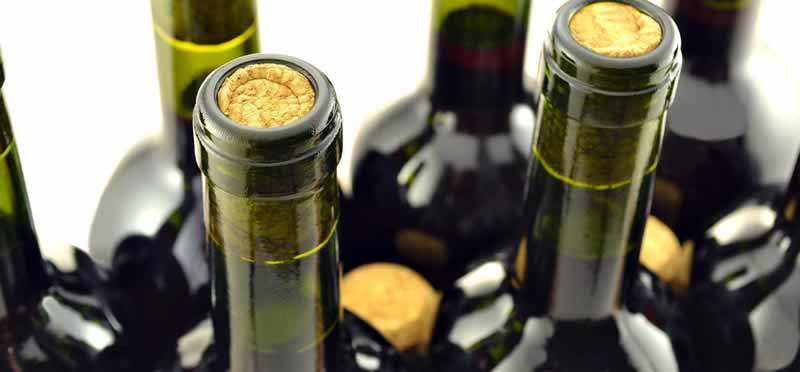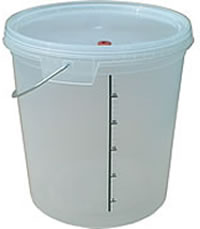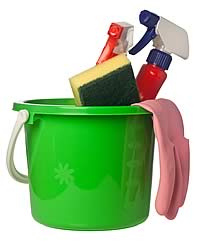
Crafting Your Own Wine is Creative, Fun & Easy.
Winemaking is as old as civilization but it still holds the same fascination for us today as it did for our ancestors over 1000 years ago. There is something intriguing about taking juice from grapes and transforming it by fermentation into a magical elixir.
You have the potential to make great wine.
Winemaking is an entirely natural process that can and will happen without human intervention. However over the years we've harnessed this natural phenomenon to produce outstanding wines. Wine and Winemaking can be enjoyed and perfected by anyone. Maybe that's why it fascinates us so much. Home-crafted wines can and have bested commercial wines in professional wine-tastings. Everyone has the potential to craft remarkable wines. Almost every great or famous winemaker started out in the kitchen just like you!
Winemaking myths and folklore.
People have been making wine forever so it's naturally a part of our folklore. There are many myths and anecdotes about homemade alcohol. Most of these are totally untrue and some are downright silly.
Check out this list of winemaking myths and facts.


